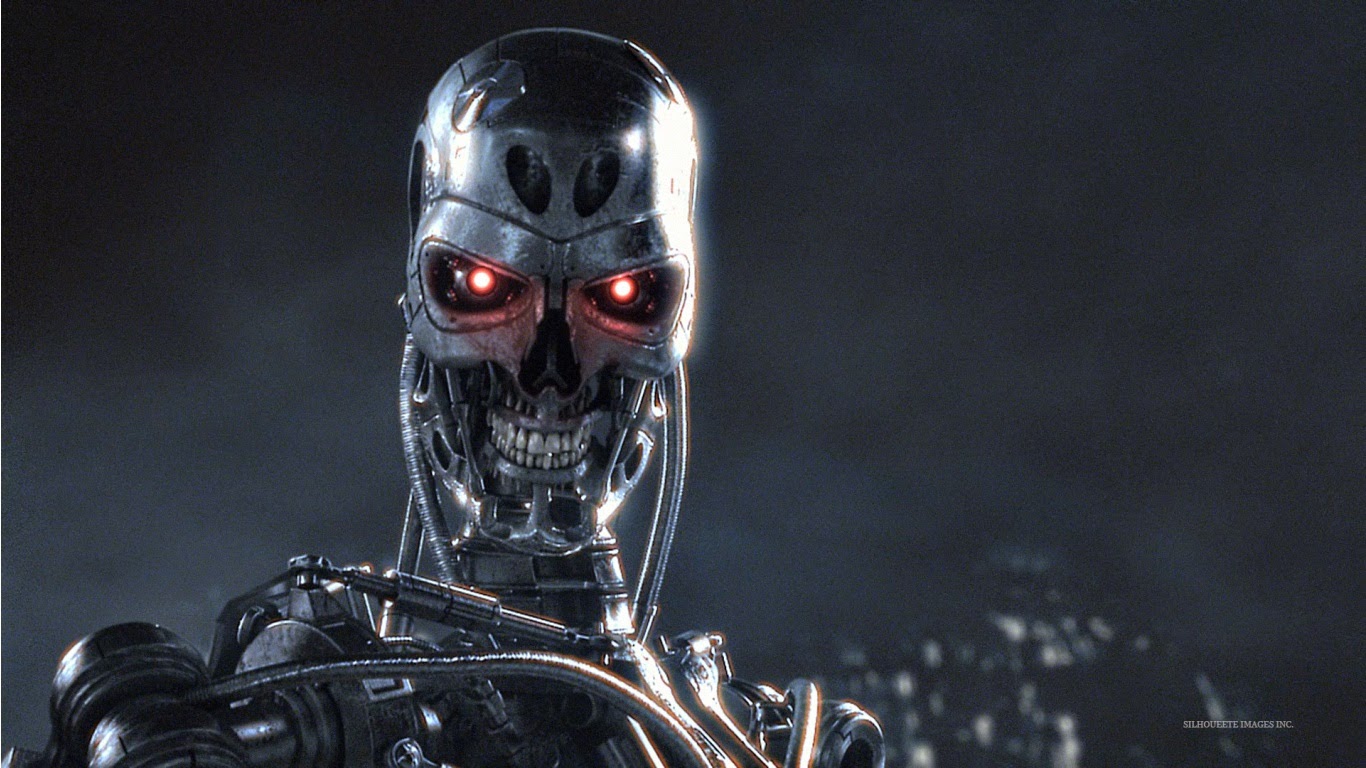UNBROKEN
** SPOILERS **
If You Can Take It, You Can Make It
About midway through Unbroken, Louie Zamperini (Jack O'Connell), an American bombardier imprisoned in a Japanese POW camp, is offered a deal. Zamperini, a former Olympic runner who competed in the Berlin games (Adolph Hitler wanted to meet him, a fact not depicted in the film), is allowed to broadcast on Japanese radio and speak to his parents, refuting the American media's announcement that he was killed in action. Afterwards, the Japanese ask him to continue broadcasting on the radio, if he'd only read some prepared statements denouncing the United States and its Allies. He could ride out the rest of the war as a "guest" of Japan, eating sushi and drinking sake in comfort like a few other Allied POWs opted to. Or else, he could return to the hellish prison camp he came from and endure savage beatings and abuse. It's a sweetheart deal. Who wouldn't take a deal like that? Louie Zamperini, that's who.
Based on the true story as told in the bestseller written by Laura Hillenbrand, Angelina Jolie's earnest and harrowing Unbroken aspires to inspire us with the life and and hardships endured by Louie Zamperini. An Italian-American who overcame juvenile delinquency to become an Olympic athlete and a decorated war hero, Zamperini fought in the Pacific Theater of World War II. His plane was shot down over the ocean; Zamperini was one of three survivors who spent 47 days on a life raft. Somehow, Zamperini survived exposure, shark attacks, and even bullets from a strafing enemy aircraft, living off of raw fish and shark meat, before he is rescued by, unfortunately, the Japanese Navy. Zamperini was imprisoned in three POW camps, the latter two commanded by the sadistic young corporal Watanabe (Takamasa Ishihara), nicknamed "the Bird." Something about Zamperini ignited Watanabe's ire from the moment they met; multiple beatings via the Bird's ever-present bamboo stick would ensue. To teach Zamperini respect, Watanabe forces the dozens of other Allied prisoners to each punch Zamperini in the face. This is how the Bird treats his "friends." With friends like him...
"I'm gonna kill him," Zamperini vows to his fellow prisoner Fitzgerald (Garrett Hedlund, looking an awful lot like Burt Lancaster). Fitzgerald talks him out of it. Surviving to the end of the war and not letting themselves be broken is the surest way to beat Watanabe and the Japanese. Not flinching away from depicting blood, beatings, and brutality, as if Jolie took copious notes from repeat viewings of her husband's classic Fight Club, Unbroken ultimately celebrates the power of the human spirit to endure and overcome unimaginable hardships. Indeed, Louis Zamperini becomes a literal Atlas, forced to hoist and hold a heavy metal beam over his head for an untold amount of time until Watanabe is overcome with shame at his own cruelty and inadequacy. There's no question the late Zamperini, who sadly passed away before he could see the film about his life he reportedly always wanted to see, was a hero. "If you can take it, you can make it," was Zamperini's lifelong motto. Jolie and the filmmakers behind Unbroken do right by Louis Zamperini and give his life, his spirit, and his humanity the honors he's earned.
Although... Is this it? Just one movie? Peter Jackson could have made three films out of the book "Unbroken." It's only Angelina Jolie's second film and she's good, very good. But she has a lot to learn. Jolie can be proud, however, that her Unbroken is 2014's second finest film of a World War II veteran triumphing over impossible odds, right behind Captain America: The Winter Soldier.



























